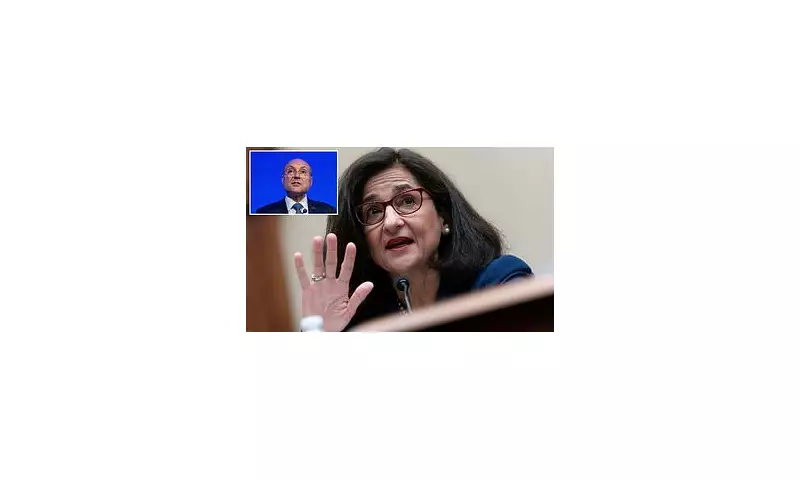
Downing Street's newly appointed business champion, Andrew Griffith, is under intense scrutiny after an exclusive Daily Mail investigation revealed he paid absolutely no wealth taxes last year, despite his significant financial portfolio.
The Prime Minister's choice for a key economic advisory role, tasked with boosting UK enterprise, legally paid zero in capital gains or dividend taxes in the 2022-23 financial year, according to official HM Revenue and Customs records.
A Corporate Web of Dissolved Entities
Mr. Griffith's business background, a central qualification for his new Whitehall position, is marked by a trail of companies that have been formally struck off. The investigation uncovered that at least four companies where he served as a director were dissolved, while another six companies in which he held shares were also liquidated and removed from the official companies register.
This complex corporate history is raising eyebrows among transparency campaigners and opposition MPs, who question the suitability of such an appointment for a role influencing national economic policy.
Defending the Record
A spokesperson for Mr. Griffith defended his position, stating his tax affairs are "fully compliant and have been entirely transparent throughout his career in both business and politics." The statement emphasised that "the dissolution of companies is a routine and lawful part of corporate life, particularly for ventures that have served their purpose or for streamlining operations."
Despite these assurances, the revelation has ignited a fierce political debate. Critics argue that appointing an adviser with such a record sends the wrong message about fiscal responsibility and corporate governance, especially from a government that has pledged to strengthen the economy and support small businesses.
The controversy puts fresh pressure on the Prime Minister, who has staked his leadership on economic competence and restoring trust in government. As the new finance guru settles into his role in Number 10, his past financial decisions are already casting a long shadow over his future policy recommendations.





